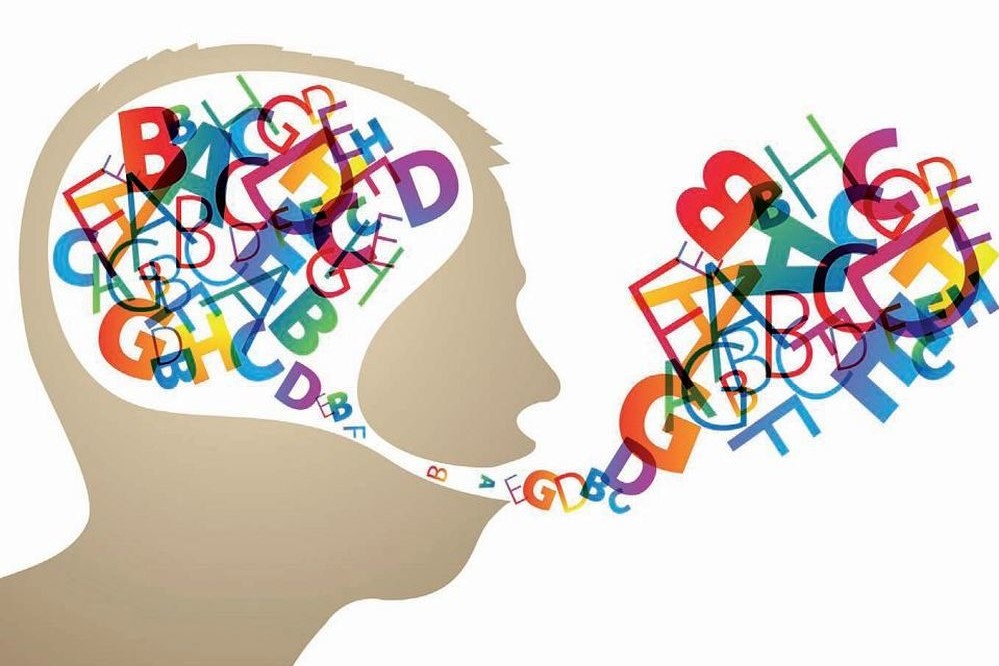
Aphasia: symptoms, diagnosis and treatment of loss of the ability to communicate
Aphasia is the condition in which one loses the ability to communicate. It can affect both the ability to express oneself and the ability to understand language, spoken or written. It usually appears suddenly after a stroke or head injury, but can also develop slowly along with a brain tumour or neurodegenerative disease
What diseases can be associated with aphasia?
- Atherosclerosis
- Botulism
- Stroke
- Alzheimer’s disease
- Multiple sclerosis
Please note that this is not an exhaustive list and that it would always be best to consult your doctor if symptoms persist.
What are the remedies for aphasia?
In order to treat aphasia, it is necessary to treat the diseases that trigger the problem.
In a second phase, it is necessary to rely on speech therapy to recover language skills or on alternative communication methods and tools.
Research is currently underway to develop drugs for the treatment of aphasia, but further scientific confirmation will be needed before they can enter clinical practice.
With aphasia when to see your doctor?
Since aphasia is often a symptom of a serious disorder, if difficulties in speaking, remembering words, reading, writing or understanding speech suddenly appear, it is important to seek medical advice as soon as possible.
Read Also:
Emergency Live Even More…Live: Download The New Free App Of Your Newspaper For IOS And Android
How Long Does Brain Activity Last After Cardiac Arrest?
Rehabilitation Therapies In The Treatment Of Systemic Sclerosis
Back Pain: The Importance Of Postural Rehabilitation
ALS: New Genes Responsible For Amyotrophic Lateral Sclerosis Identified
Neurological Rehabilitation: What It Is And What Its Objectives Are
Compensated, Decompensated And Irreversible Shock: What They Are And What They Determine
Drowning Resuscitation For Surfers
The Quick And Dirty Guide To Shock: Differences Between Compensated, Decompensated And Irreversible
Defibrillator: What It Is, How It Works, Price, Voltage, Manual And External
The Patient’s ECG: How To Read An Electrocardiogram In A Simple Way
Signs And Symptoms Of Sudden Cardiac Arrest: How To Tell If Someone Needs CPR
Inflammations Of The Heart: Myocarditis, Infective Endocarditis And Pericarditis
What Is Aphasia, The Disorder For Which Bruce Willis Left The Cinema?


